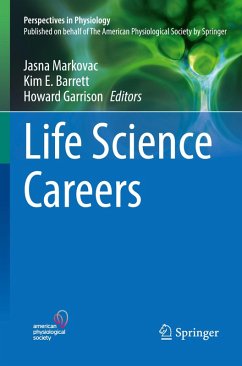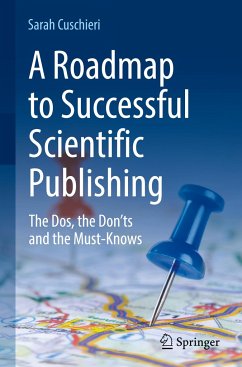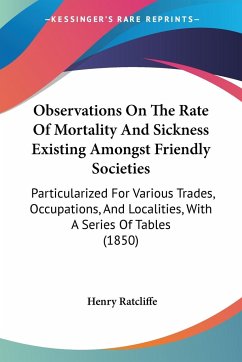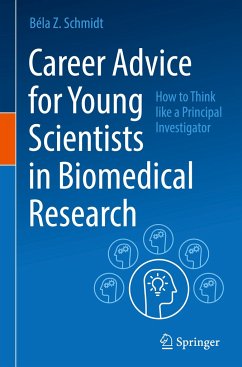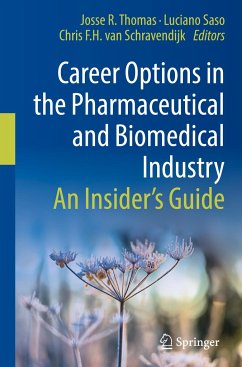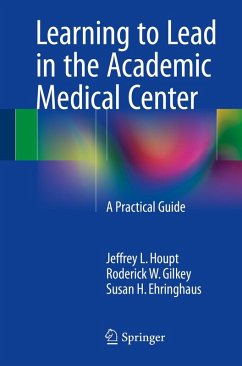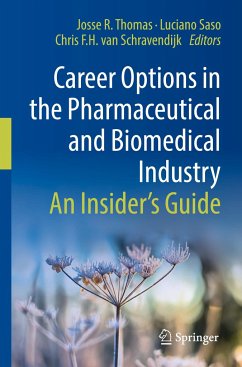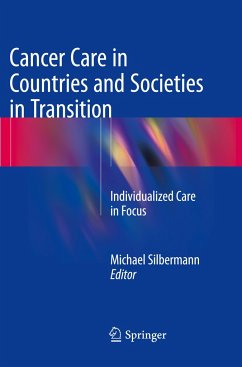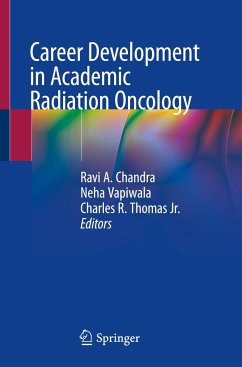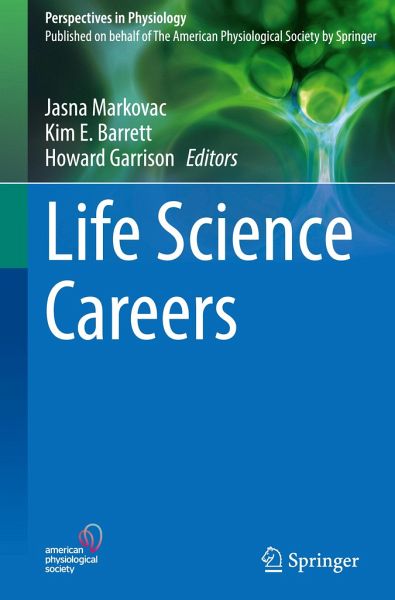
Life Science Careers

PAYBACK Punkte
16 °P sammeln!
This book is written for the many Life Science PhD students who may pursue careers outside of academic research. Even though the biggest portion of students will ultimately pursue other paths, university education trains them mostly for the academic track. Students often miss information, resources, contacts, or opportunities to explore other options. In response, the editors assembled a diverse group of authors from all fields related to Life Science research. The chapters offer a peek behind the curtain of each industry and offer guidance on how to move towards such roles.Through a high leve...
This book is written for the many Life Science PhD students who may pursue careers outside of academic research. Even though the biggest portion of students will ultimately pursue other paths, university education trains them mostly for the academic track. Students often miss information, resources, contacts, or opportunities to explore other options. In response, the editors assembled a diverse group of authors from all fields related to Life Science research. The chapters offer a peek behind the curtain of each industry and offer guidance on how to move towards such roles.
Through a high level of uniformity, students will get a plethora of career stories, each providing job opportunities, job descriptions, resources, and useful contact information. The purpose of this volume is to illustrate the many excellent opportunities that are available to life science PhDs, which will still allow them to make significant contributions to science.
Through a high level of uniformity, students will get a plethora of career stories, each providing job opportunities, job descriptions, resources, and useful contact information. The purpose of this volume is to illustrate the many excellent opportunities that are available to life science PhDs, which will still allow them to make significant contributions to science.



